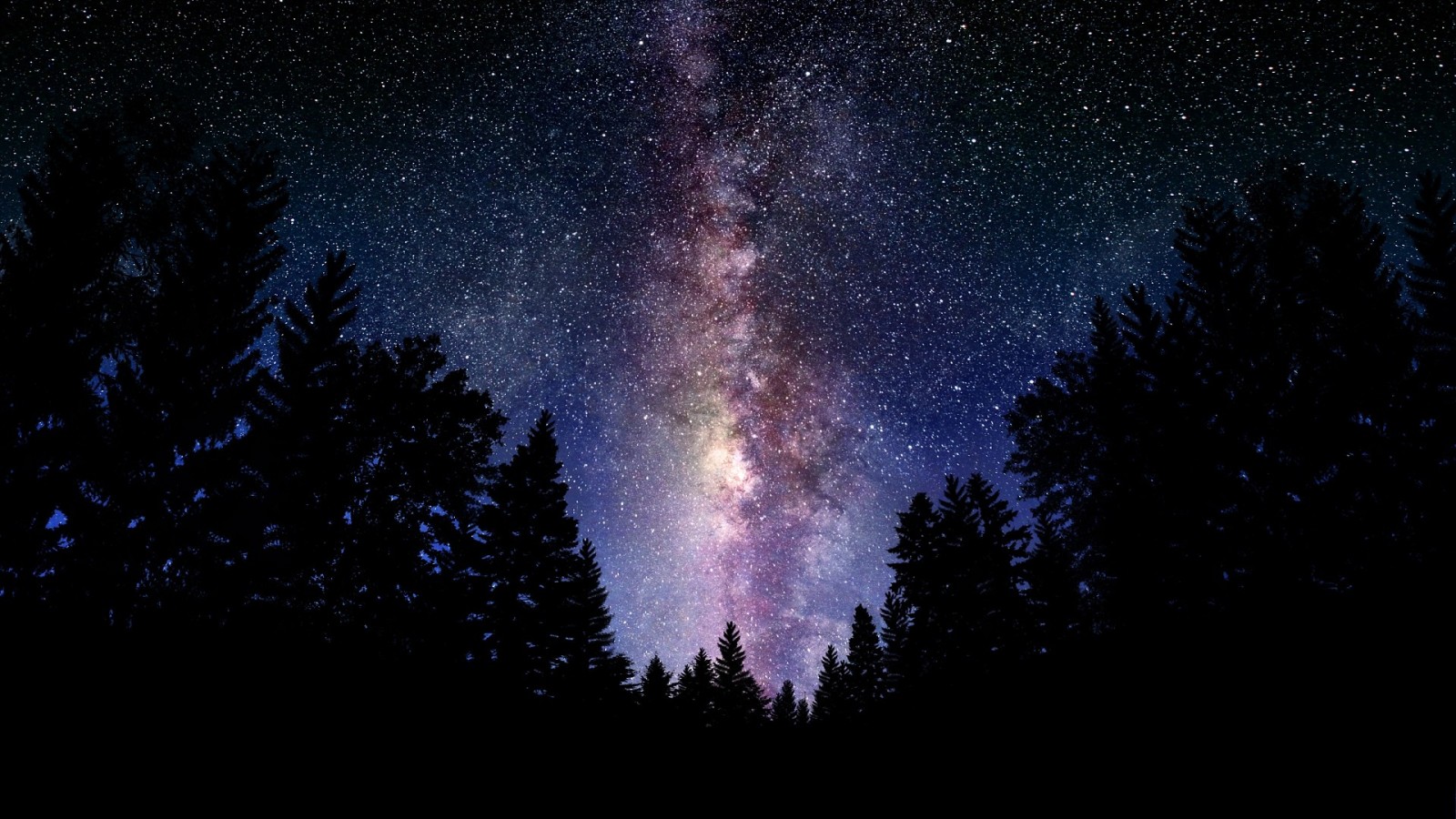
In the very first post for this project way back in July of 2017, my entrance into an MFA graduate program of studies spurred the creation of this site. I’d been studying creative writing at Lesley University for just over a year at that point. Someone–I don’t remember who–suggested I start a blog.
So, I did. I called it a project rather than a blog, though, because I don’t really understand what a blog is. Is this site a blog? It’s irrelevant, I supposed. The point was to document my journey through my MFA program.
Which brings me to the main point for today’s entry.

I GRADUATED!!
Holy shoot! I’m done. It’s over. No more assigned books to read, reflective papers to write, deadlines to meet. No more feedback letters to read, mentors to pester with longwinded emails that are 90% anxiety dumps and 10% legitimate questions, no more residency classes to prep for. As of this past Saturday, I am Katherine Karch, MFA.
Thoughts are bouncing around in my noggin about the experience. Fresh, virgin, unanalyzed ideas. And they might be important, so I’m writing them here before I forget them. No doubt, I’ll be processing my MFA experience for years to come, but right now, one thought is burning brightly in my mind:
What did I get out of this crazy, two-year-long journey?
There are a few possible answers. The literal education, for one thing, was outstanding. I am definitely a more skilled writer now than when I entered the program. The daily discipline I developed over these past two years will serve me forever as I pursue a career in writing. But I think the community I got plugged into via this program might be the most important thing I gained.
The community? I can practically hear doubters rolling their eyes (that’s how hard they’re rolling them). You want a community? Babe, that’s what Facebook groups are for. You didn’t need to pony up X dollars for a masters program to get a community.

 Firstly, don’t call me babe. Secondly, Facebook is a false community. So are all the thousands of other online communities that exist for writers, several of which I am a member and enjoy. The Insecure Writer’s Support Group is one. And since this is technically (although not completely) an IWSG post for the month of July, let me pause for a moment and plug that particular group. As far as online communities for writers go, it’s one of the best. Thanks to this month’s hosts: Nicki Elson,Juneta Key,Tamara Narayan,andPatricia Lynne!The question for this month was: What are your ultimate writing goals, and how have they changed over time (if at all)? I’ll be partly answering that question later on in this post.
Firstly, don’t call me babe. Secondly, Facebook is a false community. So are all the thousands of other online communities that exist for writers, several of which I am a member and enjoy. The Insecure Writer’s Support Group is one. And since this is technically (although not completely) an IWSG post for the month of July, let me pause for a moment and plug that particular group. As far as online communities for writers go, it’s one of the best. Thanks to this month’s hosts: Nicki Elson,Juneta Key,Tamara Narayan,andPatricia Lynne!The question for this month was: What are your ultimate writing goals, and how have they changed over time (if at all)? I’ll be partly answering that question later on in this post.
NaNoWriMo and CampNaNoWriMo are two branches of another online resource. The Hatrack River Writer’s Workshop is yet another. They’re all great, but none of them is an actual community in so far as I’ve never met any of the other members in real life. The camaraderie and support I can garner from these groups is inherently limited.
I cannot speak to other MFA in Creative Writing programs, and I cannot speak to other people’s experience in the MFA program from which I just graduated. I can only tell you that, for me, the price tag worth it. The education I received at Lesley was outstanding, but the friendships I made might be even more important to my long-term success.
Contrary to the age-old cliché, writing is not a solitary process. Not if you want to be successful. A writer needs support from other folks, real folks they know in real life. People they can call, or have dinner with, or go to conferences with. People with whom they can stay up late talking about ridiculous things. That’s probably been true since the beginning, to be honest.
I entered graduate school two years ago not knowing any other writers. Today, as I sit and write this overly wordy blog post, I am thinking of a long list of writers both new and established whom I can now call “friend.” A select and small group of them might be (if I’m exceedingly lucky) my friends for life. And, now that I’m no longer their student, I am going to try on the descriptor of “friend” when referencing the mentors with whom I worked–Tracey Baptiste, Mikki Knudsen, Susan Goodman, Chris Lynch, and Jason Reynolds. It feels audacious of me, but be bold, I say. They were/are amazing people, and I hope to stay in touch with them (professionally, even, if everything goes according to my evil plan, mwah-ah-ah-ah).
A very well established and successful author who shall remain nameless told me just two nights ago that success in this industry (publishing) is as much about who you know as it is about what you know. That probably sounds very cynical, but I suspect it’s also true. Having navigated this program all the way through to the end, I am delighted to say that I am on stable ground on both fronts. My writing is better, and I know a lot more people. In knowing more people, I am significantly better positioned to achieve my ultimate goal as a writer, which is to support myself and my family by writing books. I have networking connections within the traditional publishing industry, and I have a community of people whom I know and like and trust. Folks who care about me and want to support me. Likewise, I care about them and want to support them. That’s going to make the road to success far less jarring and far more enjoyable.
 I did it. I graduated. I am a creative writing “master,” which is a little weird to write. The title “novice” would probably be more accurate. But, two days out from having received my handshake and diploma (not really, just a certificate. The diploma will arrive in the mail a month from now), I am feeling most grateful for the people I met and the relationships I forged. If anyone ever questions my choice to pay for a masters in creative writing, citing the fact that I could have learned “all that stuff” from craft books and YouTube, I will simply smile at them and give them a pacifying nod. I will never regret my choice to do this because if I hadn’t attended Lesley, I would probably never have met and become close friends with the people I did. And isn’t that what life is all about? The people we meet? The relationships we form? The communities we build? It is for me.
I did it. I graduated. I am a creative writing “master,” which is a little weird to write. The title “novice” would probably be more accurate. But, two days out from having received my handshake and diploma (not really, just a certificate. The diploma will arrive in the mail a month from now), I am feeling most grateful for the people I met and the relationships I forged. If anyone ever questions my choice to pay for a masters in creative writing, citing the fact that I could have learned “all that stuff” from craft books and YouTube, I will simply smile at them and give them a pacifying nod. I will never regret my choice to do this because if I hadn’t attended Lesley, I would probably never have met and become close friends with the people I did. And isn’t that what life is all about? The people we meet? The relationships we form? The communities we build? It is for me.


 I own a book called “
I own a book called “ The writing process for grad school is interesting, especially during the thesis semester. Most students enter their final semester with a first draft of their thesis already written. They’ll spend four months revising it before submitting it. They’re traveling a well-worn path by that point.
The writing process for grad school is interesting, especially during the thesis semester. Most students enter their final semester with a first draft of their thesis already written. They’ll spend four months revising it before submitting it. They’re traveling a well-worn path by that point.




 I can see again. Maybe I don’t have to die out here all alone in the cold, unforgiving forest of my mind. The book I’m writing is my destination once again. Chris Lynch had been my shelter. A few close writing-friends I’ve connected with through the program had been my water, my spouse is my fire, and all the fine books I’d been reading this semester have been my food.
I can see again. Maybe I don’t have to die out here all alone in the cold, unforgiving forest of my mind. The book I’m writing is my destination once again. Chris Lynch had been my shelter. A few close writing-friends I’ve connected with through the program had been my water, my spouse is my fire, and all the fine books I’d been reading this semester have been my food.








